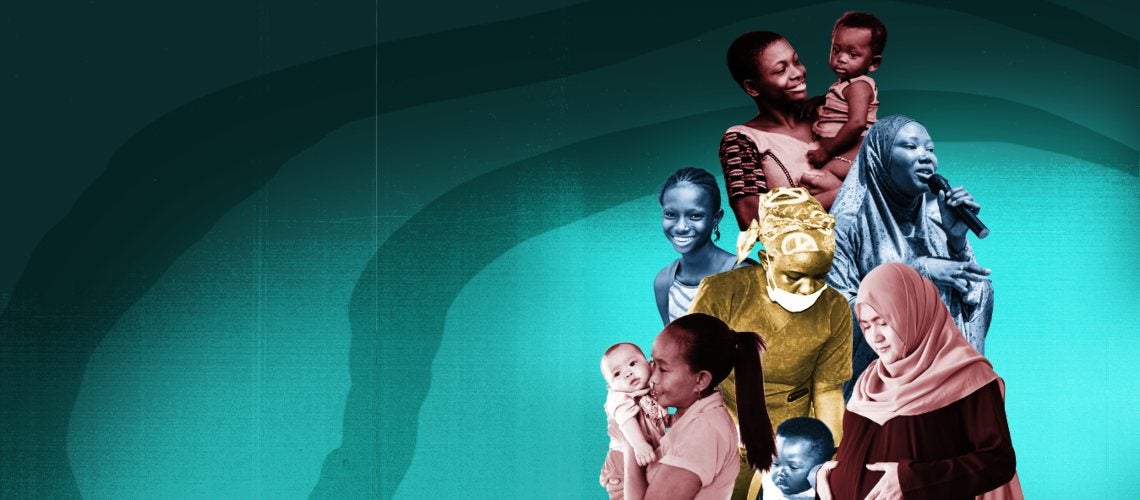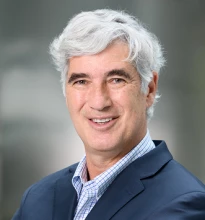 Countries engaged with the Global Financing Facility for Women, Children and Adolescents (GFF) longer are making significant progress in delivering systemic changes to health systems, according to the GFF’s recent annual report. Copyright: GFF
Countries engaged with the Global Financing Facility for Women, Children and Adolescents (GFF) longer are making significant progress in delivering systemic changes to health systems, according to the GFF’s recent annual report. Copyright: GFF
This is a time of great crisis in the world. For many people across different countries, facing each day means making difficult trade-offs and confronting adversity in the face of a food crisis, inflation, and ongoing social unrest. And there are longer-term causes for deep concern: Slowdowns in global growth are weighing down countries, especially developing economies. And high levels of debt leave many developing countries without enough fiscal space to invest in health services and education and protect the most vulnerable.
When the Global Financing Facility for Women, Children and Adolescents (GFF) was launched in 2015, the idea was to innovate a new way of working in development: Put countries in the lead, support better outcomes for women and children, and increase available funding toward health for women, children, and adolescents. At the time, the scope of challenges the world would face these past couple of years was unfathomable.
Enduring commitment to women, children and adolescent health
Yet countries have demonstrated what can be possible when governments make an enduring commitment to protect women and children, reinforced by support to reform their health systems. Health systems become more resilient, disruptions become limited, and progress accelerates.
The GFF approach puts community-delivered health at the center of these efforts. With our partners, we are supporting countries to speed up efforts to build high-quality primary health systems that bring services for women, children, and adolescents to communities.
This year’s just released annual report shows that countries engaged with the GFF partnership longer are making significant progress in delivering systemic changes to health systems. The evidence lives in the results: More than 70 percent of countries who have partnered with the GFF for five or more years reported improvements in key areas such as pregnancy care and family planning —even in spite of setbacks from COVID-19.
Also, government investment in the health of women and children has been consistent across GFF partner countries, and in some cases, budgets have even increased. Country commitment has been supported by global development partners who have aligned funding around country priorities. Through the GFF’s collaboration with the World Bank, the share of World Bank financing in GFF-supported countries allocated to reproductive, maternal, newborn, child, and adolescent health and nutrition (RMNCAH-N) has increased by more than 15 percent since 2015.
But the ambition of the catalytic role of the GFF partnership goes beyond the funding. These collective efforts are also helping support alignment and prioritization in countries as well as the legal and policy changes needed to address the structural barriers preventing equitable access to health.
Systems approach to deliver better health
We are at a pivotal time in global health as countries want to increase their commitment to women’s, children’s, and adolescent health amid several priorities. This must be done through a systems approach with the engagement of global partners and local communities.
The GFF will double down on efforts to support the tireless work of countries, civil society, along with global and local partners, to deliver equitable health care that effectively responds to the needs of communities. We look forward to rising to today's challenges and meeting the ambition of a better tomorrow. The result can be not only improved health, but an advancement of the rights of and opportunities for women, children, and adolescents.



Join the Conversation